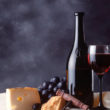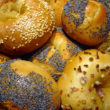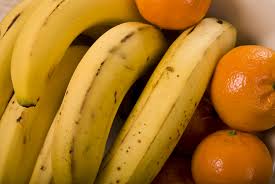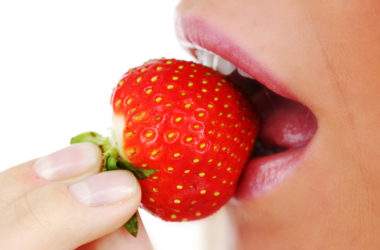Digestion is an important process because this is how the body gets all the nutrients necessary for its repair, maintenance and proper functioning. Even though the digestive tract is designed to process just about any edible product you put in your mouth, certain things — food processing and unhealthy cooking and lifestyle — can put its functioning out of whack.
Luckily, you can steer clear of various digestive problems such as indigestion and acid reflux just by carefully minding what you eat.
Best Foods to Eat
1. Whole grains – brown rice and whole-what bread, pasta, oats and cereals are good for the digestive tract due to their high-fiber content. Fiber promotes regular bowel movement and binds with fat to keep them from clogging your arteries.
2. Ginger – Anti-inflammatory ginger helps prevent indigestion. Especially if taken as ale, it’s highly effective against vomiting, nausea, morning sickness, bloating and mild anorexia.
3. Bananas – Dietary fiber in bananas helps bring back the normal functioning of the bowels especially after having a bout with diarrhea. Potassium and other minerals in them help replace lost electrolytes.
4. Lean meats and fish – Because lean meats contain less fat, the digestive tract is not going to have a hard time processing them. It’s also a good idea to opt for chicken minus the skin as well as fish that contains omega-3 fatty acids.
5. Yogurt – Billions of good bacteria in yogurt makes it a wonderful snack and dessert. Their presence helps restore the normal balance of microorganisms in the gut, something necessary for the proper absorption of certain nutrients.
6. Kimchi – Just like yogurt, kimchi is packed with good bacteria.
Worst Foods to Eat
1. Corn – It’s true that corn is loaded with beneficial dietary fiber. However, cellulose in every kernel may give the digestive tract a difficult time processing corn.
2. Alcohol, coffee, tea and soft drinks – These beverages cause the esophageal sphincter to relax. They also trigger the production of excessive stomach acid, and this can be a problem if you have gastroesophageal reflux disease (GERD).
3. Chili peppers – Various dishes may end up more flavorful with chili peppers, but these fiery spices also cause esophageal irritation. They are also bad for those with GERD.
4. Berries – It’s no secret that berries are packed with free radical-fighting antioxidants. What makes them bad? The tiny seeds they have that may cause inflammation or infection of diverticulitis.
5. Chocolates – Chocolates can make you feel loved but it can also be a problem if you have IBS. What’s more, chocolates contain caffeine and milk that can have a negative impact on the digestive process.
6. Fatty and fried foods – The consumption of foods that are laden with fat and/or deep fried is bad for people with GERD and IBS. Certainly, these food items can be detrimental to the cardiovascular health.












